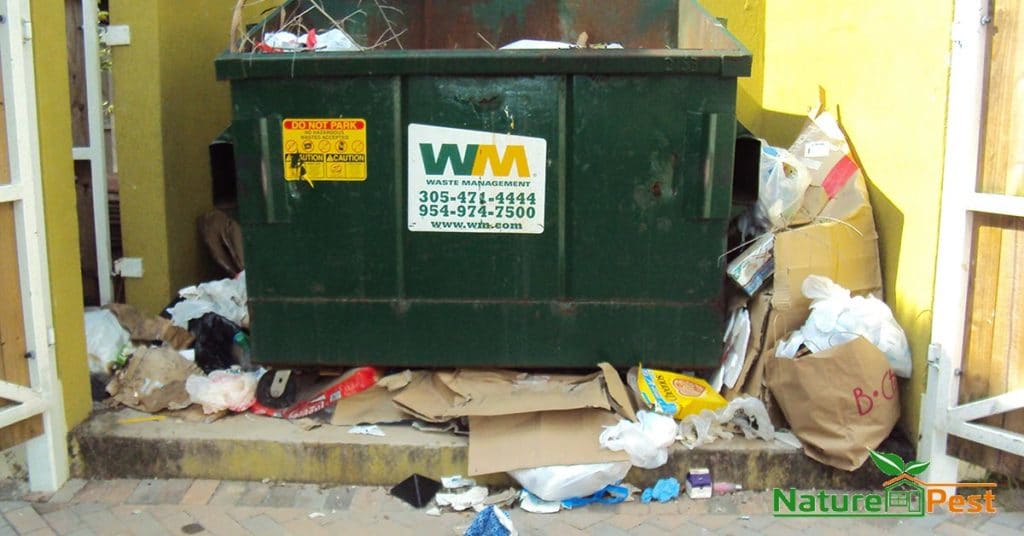Humans aren’t the only ones fighting over the last loaf of bread on supermarket shelves, furry little balls of diseases and bacteria are infesting neighborhoods.
There has been an increase in the residential sighting of rodents in residential suburbs. As rats are looking for new sources of food since non-essential businesses that have been shut down like restaurants that do not offer take out or delivery.
Hungry rodents are heading for your homes in search of food to survive during the coronavirus lockdown. They are even waging war on each other, as food sources become scares like restaurant trash and the elimination of urban garbage.
Rats are turning to survival instinct even eating their own kind fighting with one another where adult rats are killing the young cannibalizing the pups.
In places where subtropical climates like Florida and the keys that had ample tourism, lockdowns have halted the spread of COVID-19 but have coaxed rats out into the public.
These quarantine practices have driven the rodents crazy and what rodents do to will find food and water.
Urban zones are hit the hardest than any others, especially where rat populations have already deemed a nuisance. Especially properties that neighbor food service businesses that have recently closed.
Rats just need a half-inch of space like the size of your thumb to squeeze through walls, gates, and other barriers.
You don’t want those animals like rats in our homes or business because you end up another 55 diseases other than the Coronavirus.
In large cities like Miami, New York, Boston, and Washington, DC. Rats are strongly dependent on us for their food rats get their food directly from us its all our garbage.
Rats, for the most part, like to stay close to their burrows, which is often at the ground level in apartment floorboards, alleyways, basements, and sidewalks.
They’re nocturnal animals that survive by learning their surroundings, they try to stick to familiar zones within a few hundred feet of their home.
When rats come out looking for garbage from restaurant scraps. There is no food to be found for several days in a row, rats will switch to survival mode and begin to show up during the day and night and in different areas than where you usually find them due to stress.
The long-term impacts of a food shortage on urban rat populations can cause rats to implode on each other, they will begin fighting and cannibalize each other for their sources of protein.
These turf wars among rats will be out in the streets and even parks where your children play.
Once the fighters realize there’s no more food to be found in that area, they will begin to disperse, moving several miles within a couple of days in their quick search for food.
Can rats transmit COVID-19 to people?
Since rats can be carriers for a slew of diseases 55 known possibly more thinking that a tiger at the Bronx Zoo tested positive for the virus, nothing should be ruled out.
How to prevent a rodent infestation in your home?
Keep your doors closed.
Performing an Inspection of Your Home
Take a look at how tightly sealed your home is, whether this might be a single-family house, townhome, or apartment, if possible, make the repairs necessary.
The weakest spots where rats can get in a home are your doors allowing the gap below for rats to gnaw holes, which will permit them to enter your home. Make sure there are no gaps!

Rats will go through any opportunity where they can get into the food they’re smelling and infest your home or business.
Get rid of everything outside that can attract rats such as stray trash cans, trash bags.
Communities need to take extreme care of how they dispose of garbage, making sure lids are on all dumpsters and trash receptacles.

Rats will gnaw on cables and cause fires, so if they get inside, they can cause severe damage to your home.
Rat Reproduction
Rodents can be hard to trap and kill. They reproduce at an incredible rate, mating up to 20 times in 6 hours and producing 4 to 7 litters of 10 rats each year.
Residential customers that have discontinued a vital service like pest control may come home to a rat in the attic or in their pantry.

Business customers, especially restaurants and foodservice businesses, should continue to have pest control and inspection done. They can experience a severe infestation during the shut down that cost them from hundreds of dollars in rodent trapping and evections to several thousand dollars in equipment repairs with decontamination services.

Businesses that are not being used should consider adding additional trapping stations inside to catch rats that could enter through the sewer system via toilet or tap.
In shopping centers, malls, and strip malls, where shared structures, mice, and rats will move across to restaurants and food courts.








